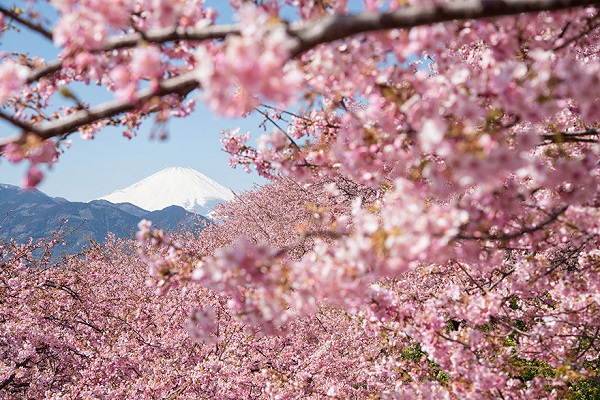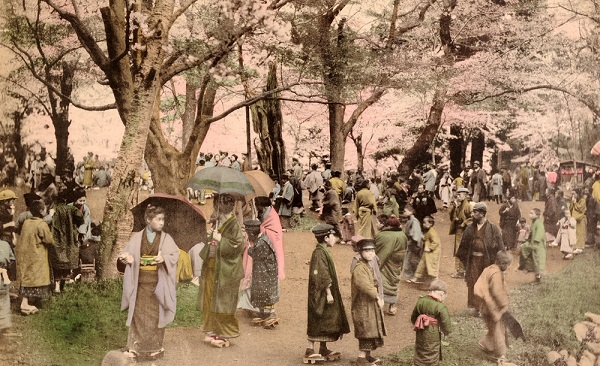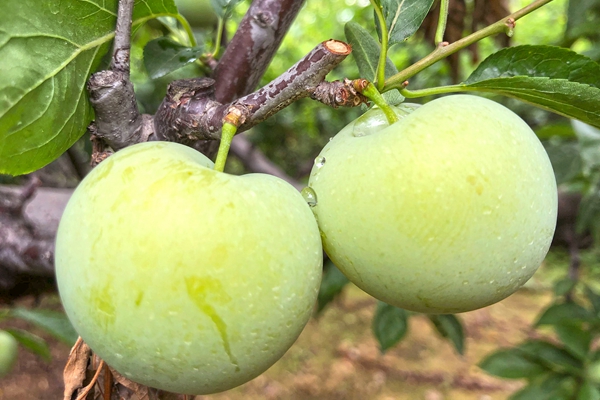Cherry blossoms' evolving meaning
Updated: 2016-04-12
Cherry blossoms have been a symbol of the cycle of life, death and rebirth, as well as productive and reproductive powers throughout the history of Japan.

From 710 to 794, cherry blossoms were connected to Japanese folk religions as a symbol of reproduction and new life.
At that time, the Japanese began to transplant cherry trees from mountains to the areas where they lived. The trees were seen as sacred, as they were considered to carry the soul of the mountain gods down to humans.

The book Manyoushu, the oldest existing collection of Japanese poetry, was compiled sometime after 759 AD during the Nara period. The bulk of its poems represent the period after 600.
More than 160 plants are mentioned in the work; plum blossoms, orange blossoms and cherry blossoms most frequently.
What's more, flowers in the Manyoushu generally refer to plum blossoms, partly because of the influence of Chinese culture then prevalent.
Later, the Empress Hemmei sought to establish a unique Japanese identity, so the aristocracy of Japan gradually raised the cherry blossom to a new status. The eighth century book Kojiki described what came to be known as the "Japanese spirit".

The samurai class rose to political power in 1192. According to Constantine Vaporis, professor of history at the University of Maryland, seppuku (ritual suicide) became a key part of the samurai's Bushido code. The samurai "identified with the cherry blossom particularly because it fell at the moment of its greatest beauty, an ideal death". The Meiji Restoration promoted imperial nationalism during the 1868-1912 period and by that time cherry trees reflected the sacrifice of Japanese soldiers in service to the state of Japan.
Japan gave the US 3,000 cherry trees in 1912, which represented friendship and political alliance. It has given cherry trees to many other countries as well, including Brazil, China, Germany and Turkey.
Tel: 0510-81178873
E-mail: haiyulu@163.com


